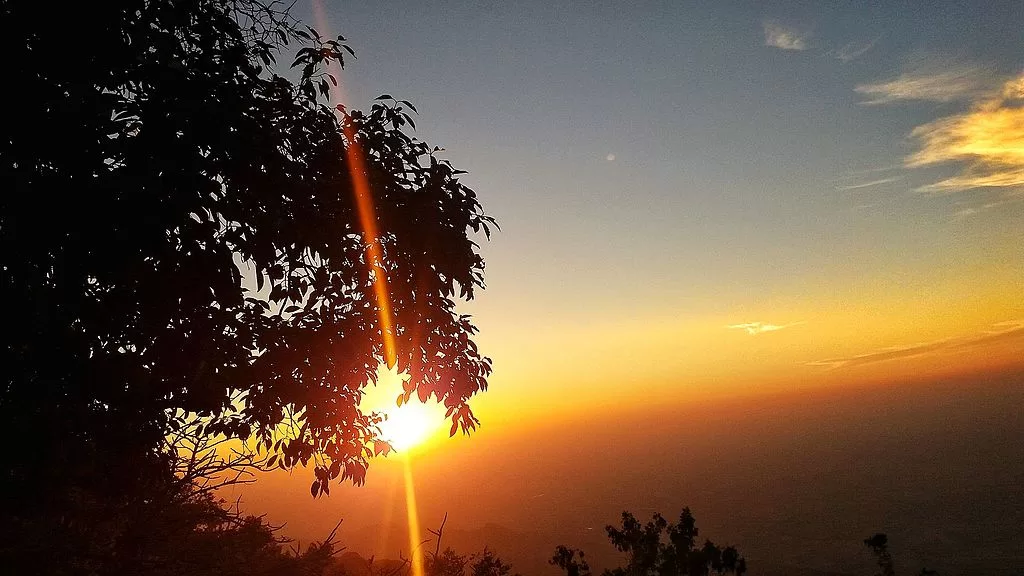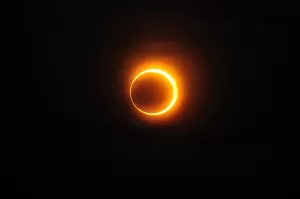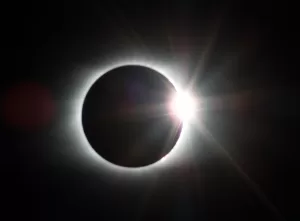Introduction
Solar eclipses have long fascinated humanity, inspiring awe, fear, and wonder across civilizations. This celestial event, where the moon obscures the sun, plunging the day into darkness, has been a powerful source of myths, legends, and superstitions. Different cultures have interpreted solar eclipses through the lens of their worldviews, creating a rich tapestry of stories and beliefs. This post explores some of these captivating myths and how they have evolved over time.
Ancient Interpretations
- Dragons and Demons: In many Asian cultures, solar eclipses were believed to be caused by a dragon or a demon swallowing the sun. In China, people would bang pots and pans or play loud music to scare the dragon away and save the sun.
- Divine Displeasure: In ancient Mesopotamia, a solar eclipse was seen as a sign of the gods’ anger, presaging disaster or the downfall of a ruler. This led to the practice of appointing a substitute king during an eclipse, to trick the gods and protect the true king from harm.
- The Sun and the Moon in Conflict: Indigenous cultures in the Americas often saw eclipses as a conflict between the sun and the moon, with the eclipse representing a reconciliation between the two celestial bodies.
Medieval and Renaissance Views
- Omens of Doom: In Europe during the Middle Ages and the Renaissance, solar eclipses were commonly viewed as omens of doom, heralding plague, war, or the death of a monarch. This fear led to various rituals to protect against the perceived negative influences of an eclipse.
- Astrological Interpretations: Astrologers in medieval times saw eclipses as important events that could influence human affairs, using the positions of the planets during an eclipse to make predictions about the future.
Modern Superstitions and Interpretations
Despite advances in our understanding of celestial mechanics, superstitions and myths about solar eclipses persist in some cultures today.
- A Bad Omen for Pregnant Women: In some parts of Latin America and Asia, there’s a belief that solar eclipses can harm unborn children, leading to birth defects. Pregnant women are advised to wear red or carry metallic objects for protection.
- A Time for Reflection and Renewal: Conversely, in some New Age and spiritual circles, solar eclipses are seen as opportunities for reflection, meditation, and the clearing of negative energies, reflecting a more positive interpretation of this natural event.
Conclusion
The myths and superstitions surrounding solar eclipses highlight the human tendency to imbue natural phenomena with meaning beyond their physical explanations. These beliefs have evolved from fear and awe to a more nuanced understanding, yet they continue to reflect the diverse ways in which humans relate to the cosmos. Solar eclipses, with their dramatic transformation of the day into night, remind us of the power of celestial events to inspire, terrify, and fascinate across cultures and through time.






